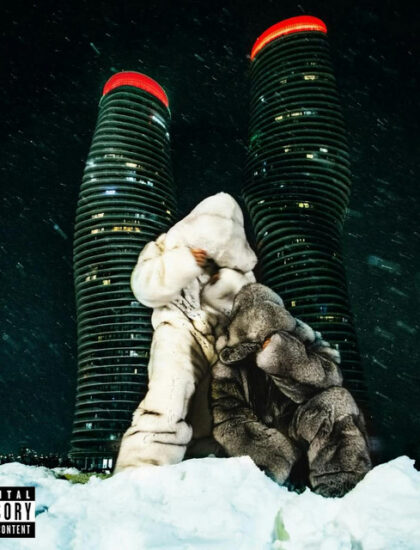Zimbabwean author Yvette Lisa Ndlovu was recently shortlisted for the Ursula K. Le Guin Prize. The author was shortlisted for her debut story collection Drinking from Graveyard Wells.
Ndlovu’s anthology that melds folklore, myth, realism, and SFF elements into a cohesive whole, telling stories that cast new light on longstanding issues, from gentrification to assimilation, stolen ideas to stolen memories. Complex histories inform her fantastical futures (and present), as her characters struggle to be seen, and to be free.
The winning novel for this year’s edition will be chosen by authors William Alexander, Alexander Chee, Karen Joy Fowler, Tochi Onyebuchi, and Shruti Swamy from nine nominees selected by the Trust.
Here is the list of the nine shortlisted authors for 2023 edition:
Wolfish by Christiane M. Andrews
Arboreality by Rebecca Campbell
Spear by Nicola Griffith
Ten Planets by Yuri Herrera, translated by Lisa Dillman
The Spear Cuts Through Water by Simon Jimenez
Brother Alive by Zain Khalid
Meet Us by the Roaring Sea by Akil Kumarasamy
Geometries of Belonging by R.B. Lemberg
Drinking from Graveyard Wells by Yvette Lisa Ndlovu
The Ursula K. Le Guin Prize, established in 2022, is an annual, English-language literary award presented in honor of Ursula K. Le Guin. The $25,000 prize is awarded to an author for a single work of “imaginative fiction”. The award is meant to honor authors who “can imagine real grounds for hope and see alternatives to how we live now”.
Books may be nominated for the prize by anyone and will be judged based on how well the work “reflects the concepts and ideas that were central to Ursula’s own work, including but not limited to: hope, equity, and freedom; non-violence and alternatives to conflict; and a holistic view of humanity’s place in the natural world”.
To be eligible, a book must be a “book-length work of imaginative fiction written by a single author”, “published in the U.S. in English or in translation to English”, and “published in the specific window for each year’s prize”. After a writer wins the award once, they cannot be nominated for the prize again.
Additionally, the award “gives weight to writers whose access to resources may be limited due to race, gender, age, class or other factors; who are working outside of institutional frameworks like MFA programs; who live outside of cultural centers such as New York; and who have not yet been widely recognized for their work”.
Last year Khadija Abdalla Bajaber’s The House of Rust took home the award in it’s in inaugural year.
























